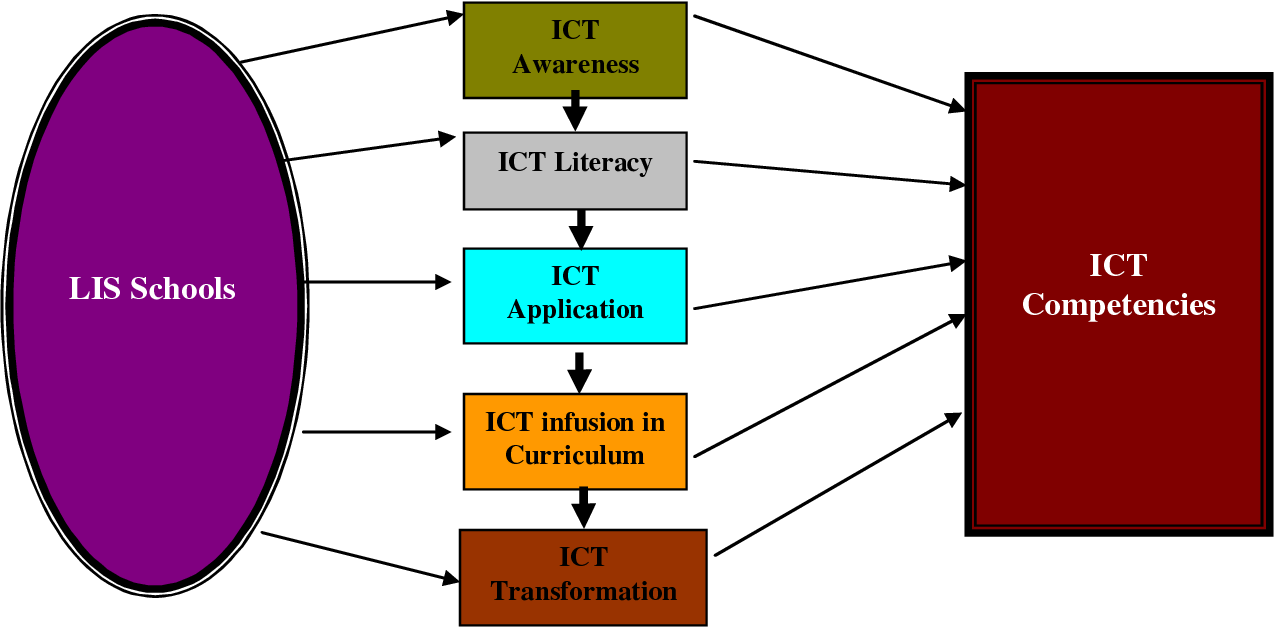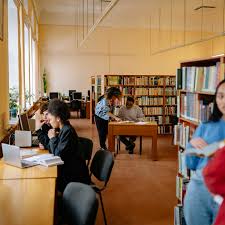
Library classification is a systematic process of organizing library materials based on their subjects to facilitate easy retrieval and access. It involves assigning classification numbers to books and other resources according to a predefined scheme, such as the Dewey Decimal Classification (DDC), Library of Congress Classification (LCC), or Colon Classification (CC). These schemes group materials into broad subject categories, which are further subdivided into more specific topics. Classification helps libraries maintain an organized collection, ensuring users can quickly locate and access the information they need.
So, after going through this course the students will able to know and understand the role of library classification in organising information.
- Teacher: Biswajeet Sahoo
The
integration of innovative Learning
approaches opens new possibilities for
lifelong learning and knowledge dissemination. Embracing emerging technologies,
collaboration, and active learning methods will pave the way for a vibrant future in continuous
process of life-long learning.
This course will enlight the readers to know about various learning approaches, which will make them a potential learner through out their life.
- Teacher: CHINMAY KUMAR DAS
Motivation plays a crucial role in enhancing library activities. By providing user education, outreach programs, seminars, workshops, book exhibitions, and book fairs, libraries can motivate users to engage with library resources and services, leading to a more informed, educated, and literate community. Ultimately, motivated users are more likely to become active participants in the library's programs and services.
So, This presentation will led you to know about the Role of Motivation in Libraries as well as information centres for the management purpose
- Teacher: Dr. Manoj Kumar Acharya

After completion of this lesson, you will be acquainted with basic concepts,
characteristics of ICT and its applications, advantages and disadvantages, and
components of ICT. You would will learn about evolution of computers from generation
one to generation five based on their size, components and processing capacity. You
were also introduced to the computer system and its functional units including input unit,
output unit, CPU and memory units, motherboard, ports, etc.
- Teacher: Dr. Manoj Kumar Acharya

The course is targeted
for students
of library science course. Learner will be able to know about fundamentals of
computer, Library house keeping operation using computer, automation of library
using open source Integrated Library Management software, internet basics, and providing
regular library services utilizing the Internet and web 2.0 tools to the users.
Also the learners will be able to get knowledge on web tools and web based
library services.
- Teacher: LILI SAHU

The content of this course include; Scientometrics, Bibliometrics and Altmetrics, Webometric.
- Teacher: Lulu Rout
